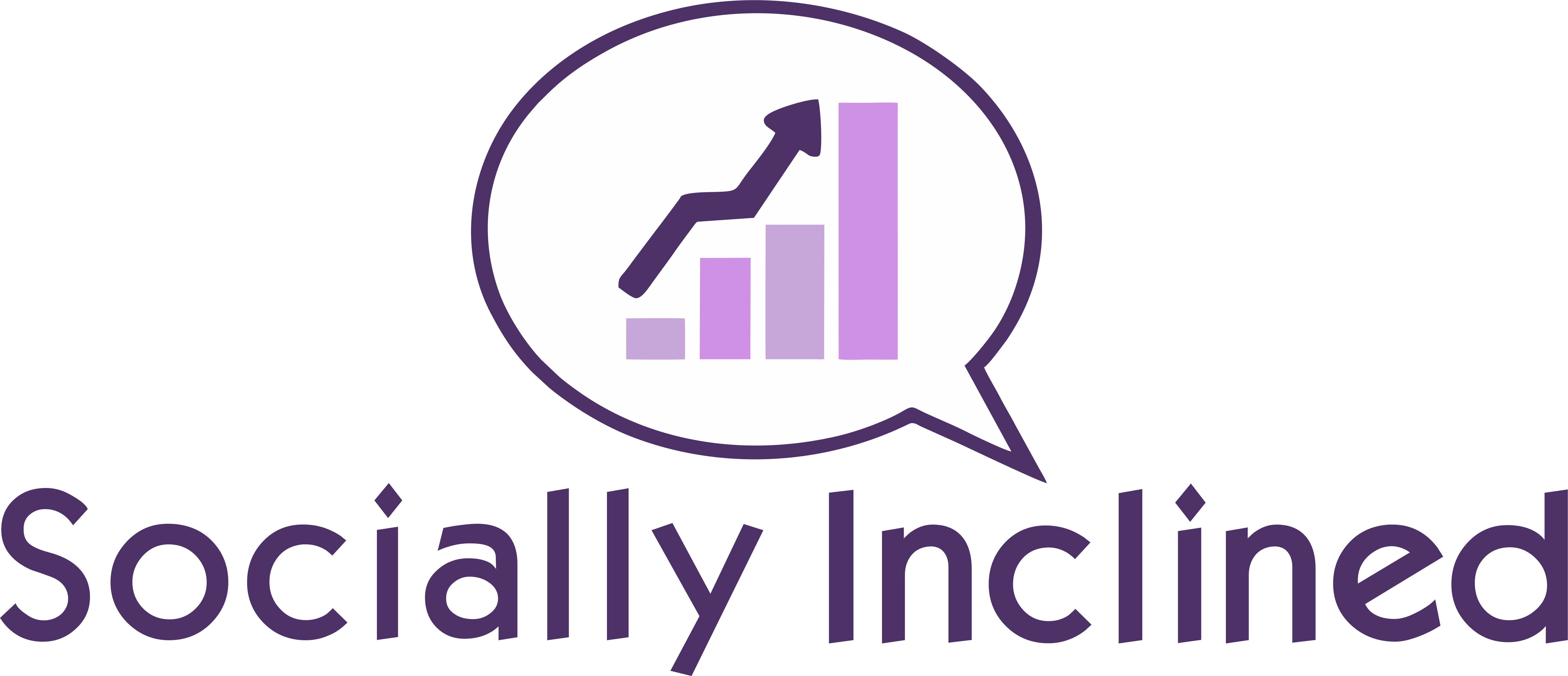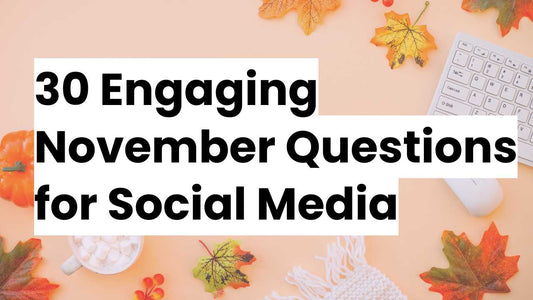Frequently Asked Questions
1. Why is social media important for small businesses?
2. How can social media enhance brand awareness?
3. What are the best social media platforms for small businesses?
4. How can I increase engagement on social media?
5. What role do analytics play in social media strategy?
Today, more than ever, small businesses face unique challenges and opportunities. One of the most effective ways to navigate this landscape is through social media. As an essential element of modern business strategy, understanding the importance of social media can propel your small business to new heights.
In this article, we will explore how leveraging social media can enhance your brand awareness, engage your audience, and ultimately drive sales.
Why Social Media Matters for Small Businesses
Social media platforms have revolutionized how businesses communicate with customers. With millions of users across various platforms, your small business can reach a larger audience than ever before. Here’s why social media plays a crucial role in your business strategy:
1. Increased Brand Awareness
Social media helps small businesses create and enhance their brand presence. By sharing quality content, engaging posts, and relevant updates, you can capture the interest of potential customers. This increased visibility plays a vital role in building brand recognition and loyalty.
2. Connecting with Customers
Social media is a two-way street. It allows small businesses to interact directly with their customers. Engaging with your audience by responding to comments, messages, and reviews fosters a sense of community. This connection not only builds trust but also encourages customer loyalty.
3. Cost-Effective Marketing
Unlike traditional advertising methods, social media marketing is often more affordable. With many platforms offering free account setups, small businesses can initiate campaigns without hefty financial burdens. Additionally, paid advertising options on social media and social media content subscriptions can be tailored to fit any budget, giving small businesses the flexibility to scale their efforts.

Choosing the Right Platform
With countless social media platforms available, selecting the right one for your small business is crucial. Each platform caters to different demographics and content types. Below, we explore popular platforms and how they can benefit your business:
As one of the largest social media platforms, Facebook offers vast opportunities for businesses. With diverse features like pages, groups, and advertising, small businesses can create highly targeted marketing strategies. Facebook is ideal for connecting with a broad audience and fostering community engagement.
For brands that rely heavily on visual content, Instagram is a powerful tool. Its photo and video-sharing capabilities are perfect for showcasing products, promoting creative content, or sharing behind-the-scenes glimpses of your business. The platform's focus on aesthetics can attract younger demographics who appreciate engaging visuals.
Twitter's real-time updates make it a great platform for sharing news, updates, or promotions. Utilizing hashtags can amplify your visibility, allowing new audiences to discover your content. It’s useful for businesses looking to engage in conversations and share customer experiences.
For B2B businesses, LinkedIn is a must. It’s focused on professional networking and offers features that allow businesses to connect with other companies, industry leaders, and potential clients. Sharing industry insights and professional content can establish your brand as a thought leader in your niche.

The Role of Content in Social Media Strategy
To maximize your social media presence, you must create engaging content tailored to your target audience. Here are some tips to consider:
1. Quality Over Quantity
While posting frequently is essential, the quality of your content should never suffer. Providing valuable, informative, and entertaining content will keep your audience engaged and encourage sharing. Think of ways to create shareable content that reflects your brand’s personality.
2. Utilize Visual Content
Visuals are processed faster than text, making them a crucial element of social media content. Use images, videos, infographics, and GIFs to enhance your posts and capture your audience's attention. Experiment with different formats to see what resonates most with your followers. If content creation is too time-consuming for you, consider joining a social media content subscription like Your Social Plan for daily, engaging posts and reels at your fingertips.
3. Stay Relevant and Timely
Trends and current events can shape social media conversations. Stay informed about industry news and participate in discussions that relate to your business. This relevancy not only engages your audience but also positions your brand as a timely player in the conversation.
Engagement: The Heart of Social Media Strategy
Engagement is not just about likes and shares; it’s about creating meaningful interactions with your audience. Here are some effective strategies for increasing engagement:
1. Encourage Conversations
Asking questions in your posts can spark conversations and encourage followers to share their thoughts. Polls, quizzes, and open-ended questions can generate valuable engagement and insights into your customers' preferences.
2. Respond Promptly
Timely responses to comments, messages, and reviews show your customers that you value their input. Even negative feedback can be transformed into a positive experience with the right response. Engage with your audience consistently to build rapport and trust.
3. Host Giveaways and Contests
Creating engagement through contests and giveaways can attract new followers and generate excitement. Encourage users to participate by tagging friends or sharing your posts to increase your reach. This tactic can not only enhance engagement but also expand your audience base.

Leveraging Social Media Analytics
To optimize your social media strategy, taking advantage of analytics tools is essential. Understanding what works and what doesn’t allows you to adjust your efforts accordingly. Here’s how to effectively leverage analytics:
1. Monitor Engagement Metrics
Keep a close eye on likes, shares, comments, and follower growth. These metrics provide valuable insights into how well your content resonates with your audience. Identify patterns and trends to refine your content strategy.
2. Analyze Audience Insights
Many social media platforms offer insights about your audience’s demographics, interests, and online behaviors. Use this data to tailor your content and marketing strategies to better meet the needs and preferences of your target audience.
3. Experiment with A/B Testing
Consider running A/B tests on different types of posts, captions, and visuals to determine which perform best. Use this information to fine-tune your content and engagement strategies for optimal results. Continuous experimentation and adjustment are key to social media success.
Maintaining a Consistent Brand Identity
Consistency is key when it comes to branding on social media. Ensure that your visuals, tone, and messaging align with your brand identity across all platforms. Here are some helpful tips:
1. Develop a Style Guide
Create a style guide that outlines your brand’s personality, logo usage, color palette, typography, and voice. This guide will serve as a reference for all your social media activities to maintain consistency.
2. Use Scheduled Posting
Using scheduling tools can help ensure that you post consistently without overwhelming yourself. Plan your content calendar in advance, allowing you to curate quality posts that align with your brand while also meeting your audience's expectations.
Building a Community Around Your Brand
Beyond engagement and visibility, social media allows you to build a community around your brand. Here’s how you can foster this sense of belonging:
1. Share User-Generated Content
Sharing content created by your customers showcases their experiences with your products or services, adding authenticity to your brand. Encourage your audience to share their own content and tag your business, and reciprocate by featuring them in your feed or stories.
2. Foster a Supportive Atmosphere
Create a welcoming environment where your audience feels comfortable sharing their thoughts and ideas. Encourage discussions, share helpful resources, and be supportive of your community members to cultivate loyalty and engagement.
Thrive in the Social Media Landscape
Social media is an indispensable tool for any small business looking to succeed. By understanding its importance, choosing the right platforms, and creating engaging content, you can enhance brand awareness and drive customer engagement. Remember, an active and engaged social media presence can lead to increased sales and customer loyalty over time.
So, as you embark on this journey, keep experimenting and adapting your strategy based on analytics and feedback. Social media is not just a trend; it’s a vital component that can pave the way for your small business's success. Embrace social media marketing, build relationships, and let your brand shine on social media!
Need Social Media to work for you?
Join one of our best-selling social media content subscriptions and get high-quality, engaging content at your fingertips!











